What sound does a history book make when you rip out all the pages about battles? Is it a lighter book, easier to carry? Or is it an empty one, its spine broken and its story gone? Let’s try something fun. For the next few minutes, let’s get our hands dirty with imagination. Let’s build an alternate reality, a grand thought experiment, and ask a question that feels both impossible and essential: what if humanity had never, ever known war? I’m not just talking about a peaceful decade or a quiet century. I’m talking about a deep, fundamental absence of organized conflict in the human story. Let’s try to imagine a world without war, not as a utopia, but just as… a different path taken.
The Great Accelerator or The Great Destroyer?
Okay, let’s get the big, practical question out of the way first, because I know the pragmatist in you is already shouting it. What about our technology? So many of the things that define our modern world were forged in the crucible of conflict. The internet began as a military project to create a decentralized communication network that could survive a nuclear attack. GPS was built for guiding missiles, not for helping you find the nearest coffee shop. Jet engines, nuclear power, even advances in surgery and penicillin production were all massively accelerated by the urgent, life-or-death pressures of war.
So, in our peaceful timeline, are we all just riding horses and communicating by carrier pigeon? Maybe. Or maybe not. It’s true that war is a powerful accelerator. It’s a brutal, high-stakes, no-budget-limit form of problem-solving. But is it the only accelerator? Think about the Space Race. Yes, it was born out of the Cold War, but the driving force was primarily competition, national pride, and the sheer, unadulterated wonder of exploration. Could a “Health Race” to cure cancer have spurred the same medical innovations as a World War? Could a global competition to build the first sustainable city on the moon or at the bottom of the ocean have driven the same computational leaps as the arms race? Progress might have been slower, more deliberate. Perhaps we would have reached the digital age in 2075 instead of 1995. But maybe we would have arrived there with more wisdom, having asked not just “Can we build this?” but also “Should we build this?” along the way.
A Map Drawn with Bridges, Not Borders
Now, close your eyes for a second. Picture a world map. Those lines, those borders that carve up the continents—so many of them are scars. They are the outcomes of treaties signed in the shadow of battlefields, the ceasefire lines that hardened into frontiers, the ghosts of fallen empires. In a world without war, what would a map even look like?
Perhaps it wouldn’t be a patchwork of nations defined by defensible rivers and mountains, but a web of city-states defined by their culture, their art, their primary trade. Maybe the most important lines on the map wouldn’t be political borders but great trade routes, the paths of grand scientific expeditions, or the migratory patterns of artists and philosophers. Without the constant threat of invasion, would societies have been more open, more porous? You might have seen cultures blend in ways we can barely imagine, creating beautiful, hybrid civilizations over centuries of peaceful exchange. The architecture of a city in what we call Italy might have Persian influences, not because of conquest, but because a generation of builders went to study there and brought back ideas they loved. The map of humanity might look less like a shattered plate and more like a beautiful, intricate mosaic.
The Stories We’d Tell Ourselves
This is where it gets really interesting for me. Think of the stories that have shaped us. The Iliad, the Odyssey, the Mahabharata, the Aeneid, Beowulf. Think of Shakespeare’s histories, War and Peace, All Quiet on the Western Front. Even our modern myths, like Star Wars or The Lord of the Rings, are fundamentally about war. Conflict is the engine of our epic narratives. Heroes are forged in battle; villains are defined by their lust for conquest.
So, in our peaceful world, what are the epics about? What stories do parents tell their children? Maybe the greatest human epic isn’t about the Trojan War, but about the “Great Planting,” the centuries-long, planet-wide effort to reverse a desert and build a forest. Maybe the hero isn’t a warrior with a sword, but an explorer who charts the deepest trench in the ocean, a scientist who eradicates a deadly disease, or a team of engineers who build a bridge that connects two continents. What would heroism even mean in a world without warriors? Would it be defined by courage in the face of the unknown? By compassion in the face of suffering? By the sheer creative force required to build something beautiful and lasting? The library of this alternate world makes my heart ache with curiosity. I want to read those stories.
Who Are ‘We’ Without a ‘Them’?
This next one gets a little deeper, a little more into the marrow of who we are. So much of our identity, on a tribal and national level, is built on differentiation. We are who we are because we are not them. Our flag is different from their flag. Our history is a story of our triumph over their aggression. The “other,” the “enemy,” the “rival”—they are the dark mirror in which we see our own reflection. It’s a powerful, and often dangerous, bonding agent. It’s easy to rally people together against a common foe.
Without that external threat, how would humanity have grouped itself? How would we have forged a sense of “us”? Perhaps our identities would be more fluid, more chosen. You might feel a stronger kinship with every scientist on the planet than with your next-door neighbor. Your “tribe” might be fellow musicians, or people who love to study stars, or those dedicated to preserving a particular ecosystem. The absence of an external enemy might have forced us to look inward and to define ourselves by what we love and what we create, rather than what we fear and what we fight. It might have given rise to a true, global human identity much earlier in our history. Or, would it have left us adrift, a collection of individuals without the strong, binding force of a shared struggle?
The Scars We Wouldn’t Carry
Finally, let’s just sit for a moment with the silence of this thought. The silence of cannons that were never built. The silence of cities that were never bombed. The silence of cries that never echoed across a battlefield. Think of the immense, immeasurable reservoir of human potential that has been lost to war. Every soldier who died was a universe of possibility. A father, a daughter, a potential poet, a farmer, a comedian, a lover. War hasn’t just taken lives; it has stolen entire futures. It has left behind a phantom limb of generational trauma, of hatreds that are passed down like heirlooms, of distrust that poisons the well for centuries.
In a world without war, this incredible burden of pain would simply not exist. The energy we’ve spent on fighting, on grieving, on rebuilding, on remembering the dead—all of that creative, emotional, and intellectual energy would have gone… where? Into art? Into exploration? Into understanding ourselves and our universe? It’s almost too much to comprehend. It’s the thought of a humanity with fewer ghosts, a humanity with a lighter heart.
Reimagining Our Tomorrows
Okay, let’s open our eyes. We’re back in our world, with its history, its scars, and its headlines. We can’t change the past. But this exercise in imagination isn’t just a whimsical fantasy. It’s a tool. By picturing a world that took a different path, we can more clearly see the path we are on. It reminds us that war is not an inevitable law of nature, like gravity or entropy. It’s a human invention. It is a choice. And if we invented it, we can, perhaps, choose to un-invent it.
By imagining the epics we could have written, the bridges we could have built, and the discoveries we could have made, we give ourselves a blueprint for a better future. We remind ourselves what we are actually fighting for when we advocate for peace. We are fighting for that world, the one that lives in our collective imagination.
So, let’s keep playing. What’s the one thing you think would be most profoundly different in a world that never knew war? What would our greatest global project be, the one that defines our species? Let that creative kid inside you run wild in the comments below. I honestly can’t wait to see the worlds you build.
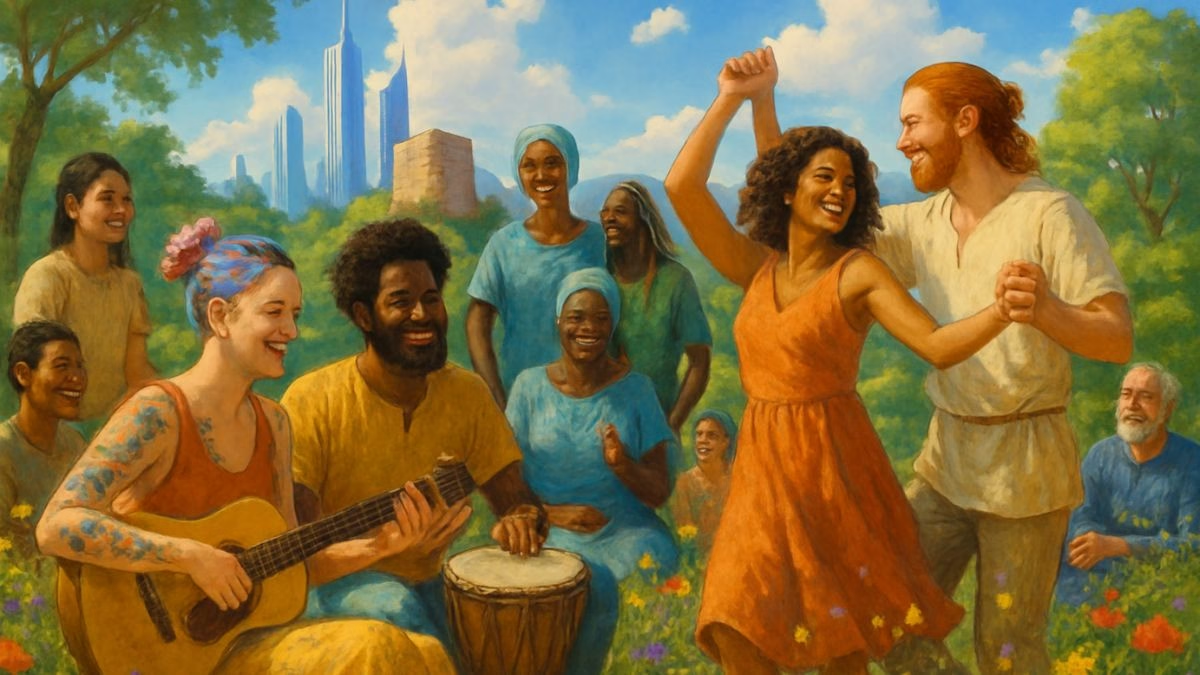
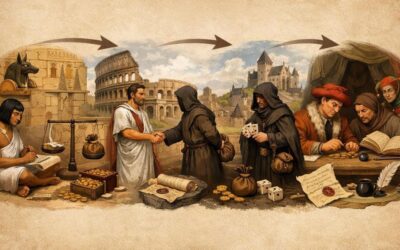

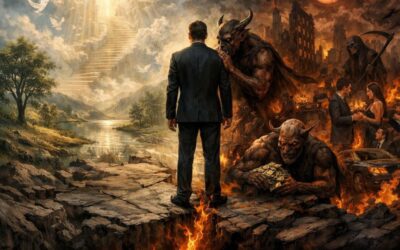
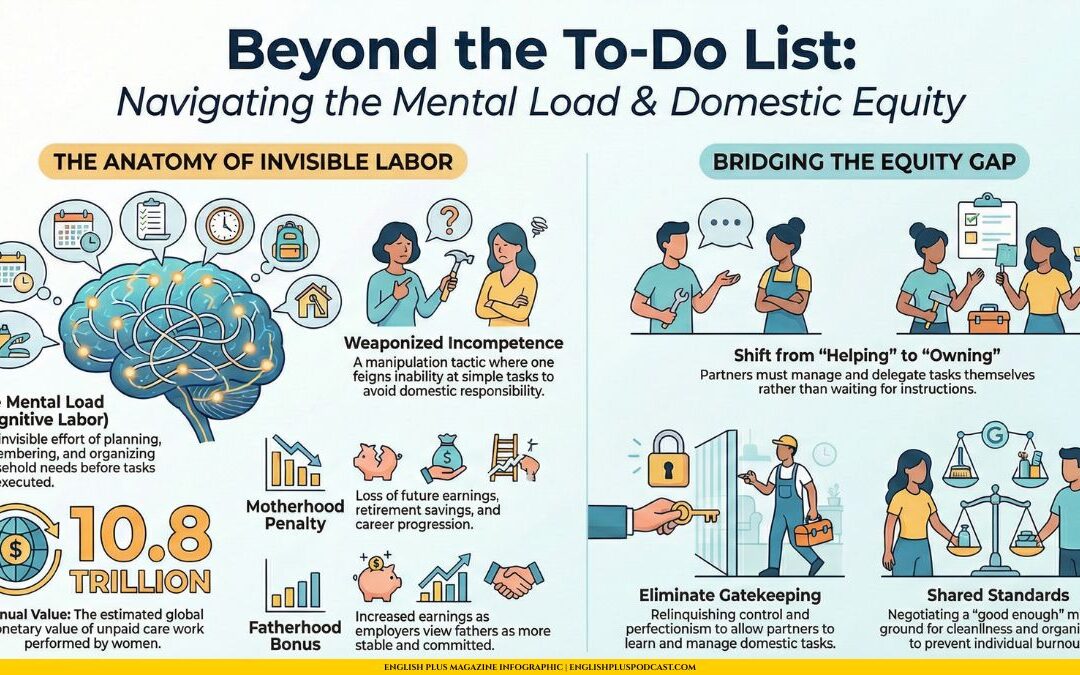
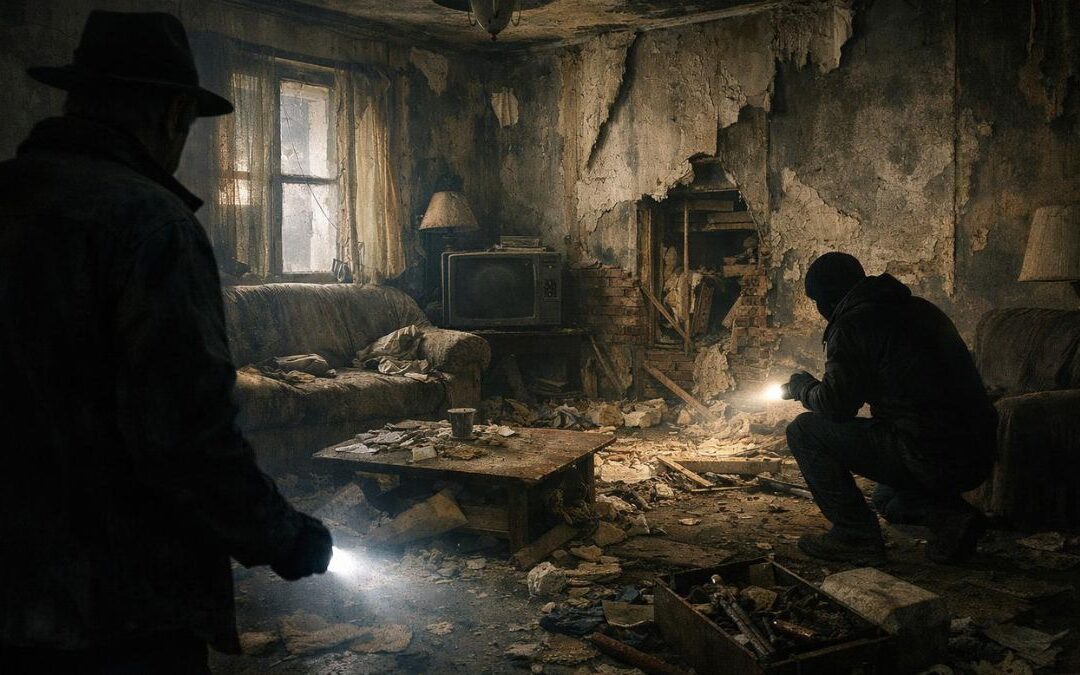



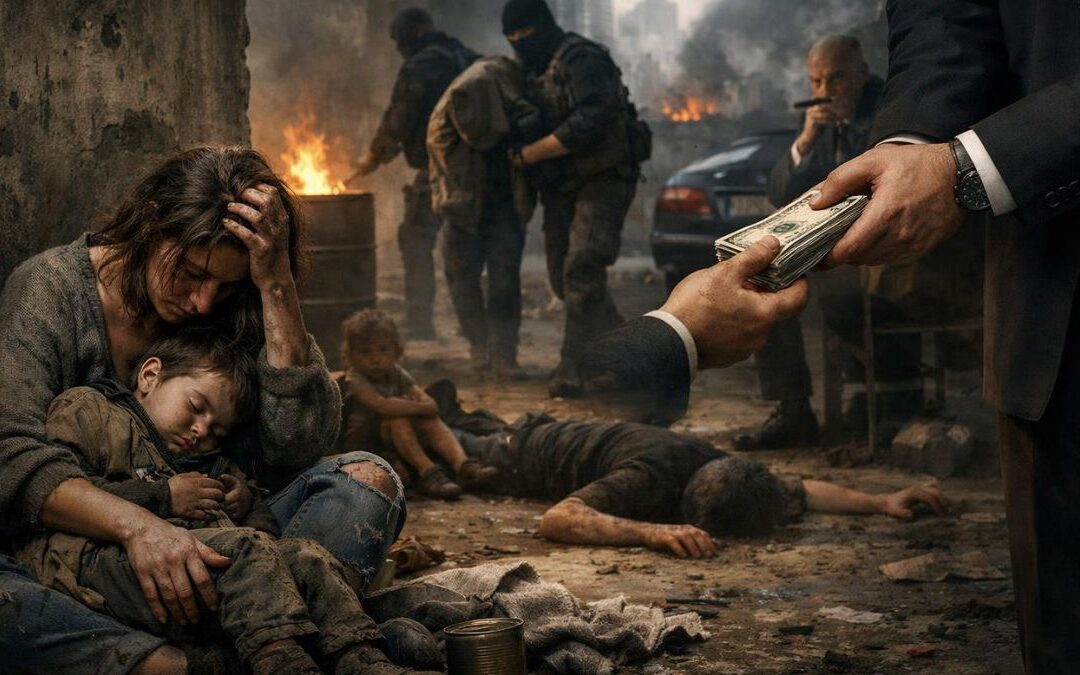
0 Comments